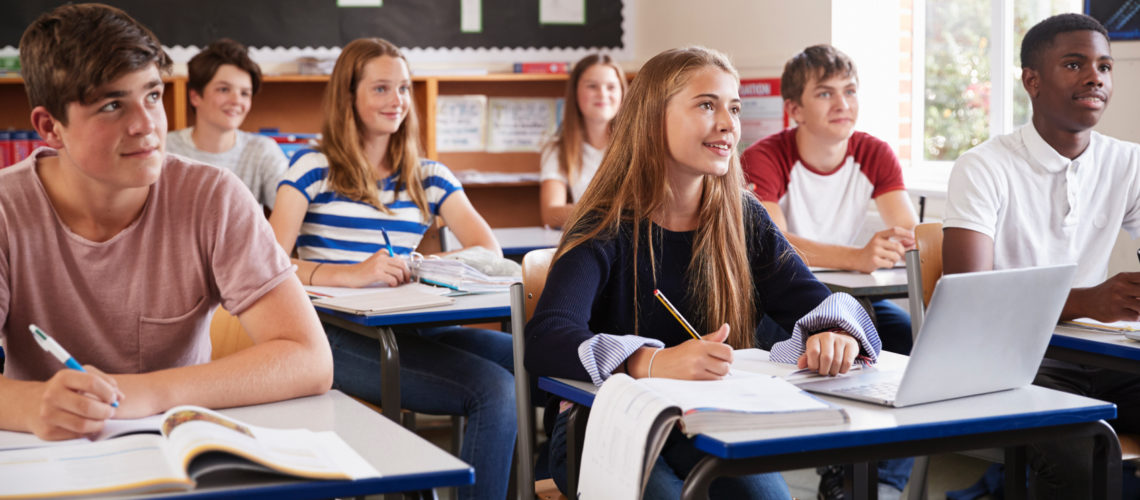
For Special Educators and parents, the arrival of Spring often means the beginning of the Individual Educational Plan (IEP) season. Teachers are reviewing data on their students’ progress toward their goals and objectives. They are also evaluating and formulating new accommodations and modifications to help students succeed in their general education classes. abcteach has recently added a list of accommodations and modifications to the member site that will assist IEP teams in this endeavor.
When selecting accommodations and modifications for the upcoming year, it is important to ensure that students understand why and how the selected strategies help everyone involved focus on their abilities and improve their potential for classroom success. I found it helpful to discuss and teach specific details of each. Developing and using strategies that work will allow students to keep pace with their general education peers, and help them in years to come.
Secondary students need to fully understand their disability, including strengths and weaknesses, and the unique way in which it affects them. This is an important part of the IEP team’s role. Students also need to develop self-advocacy skills. Learning when and how to explain their needs and abilities to others is a necessary part of being an independent adult. After leaving the public school system, the student is no longer covered by the Individuals with Disabilities Education Act (IDEA). Students and their families need to learn everything they can about the Americans with Disabilities Act because this is the law that protects them as adults.
Students who choose to pursue higher education will need self-advocacy skills in order to obtain the help they may require in their classes. When accessing college Disability Support Services (DSS), in addition to providing appropriate documentation, the student will need to know the specific accommodations necessary for each individual class. It’s the student’s responsibility to contact class instructors and inform them of their disability and the accommodations they will require. The role of the DSS office is to assist and support, but the bulk of the work needs to be done by the student. This process is opposite that of the public school IEP team, where the school case coordinator handled the dissemination of information to the necessary personnel.
Students who choose to go into the work world will also need self-advocacy skills. Informing employers about a disability and asking for work place accommodations can make the experience a successful one for all involved. Educating an employer about IDEA, learning to focus on their abilities, and proving that with a few usually simple accommodations, the individual can perform on an equal basis with co-workers, will help lead to a successful work experience.
I hope the new accommodations and modifications list will help you along this complex journey, and make this IEP season a productive and successful one!
Posted by Janie Quinn, abcteach team

